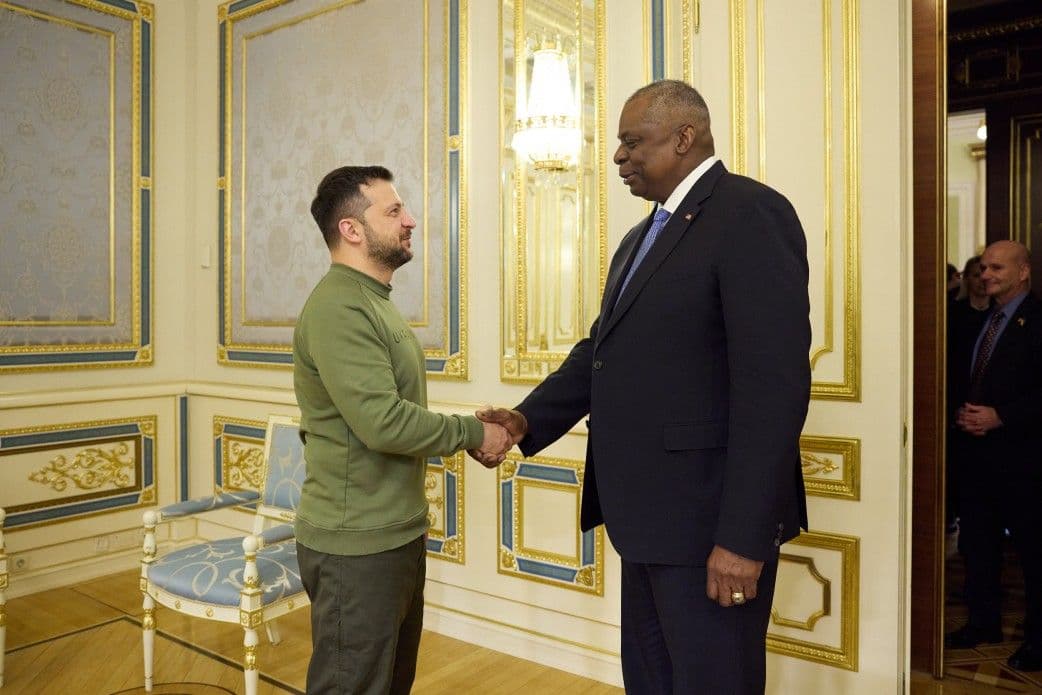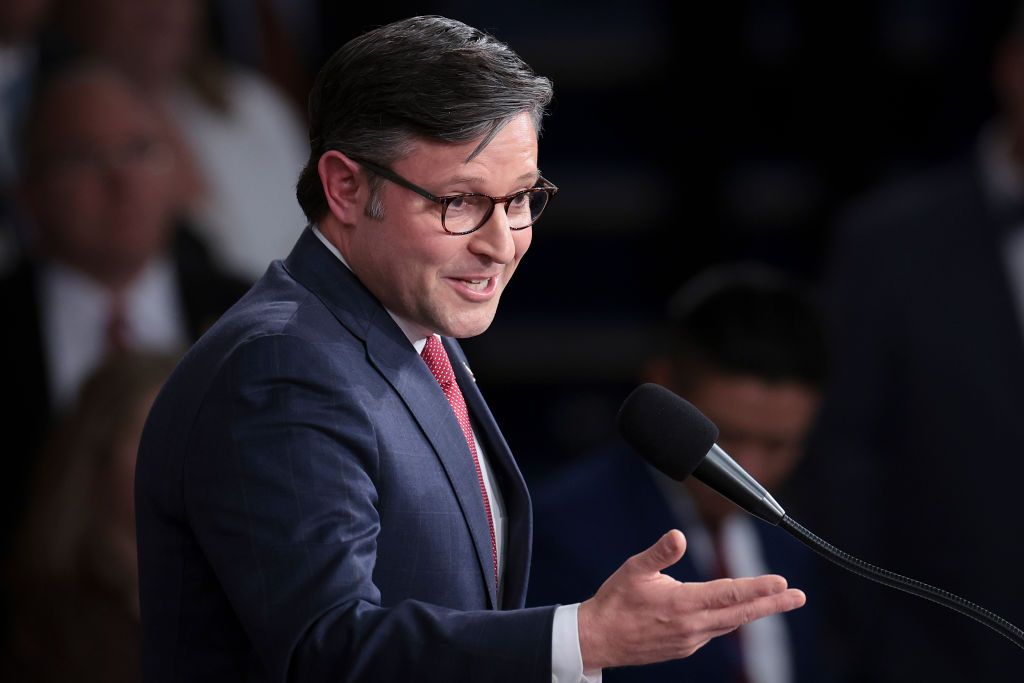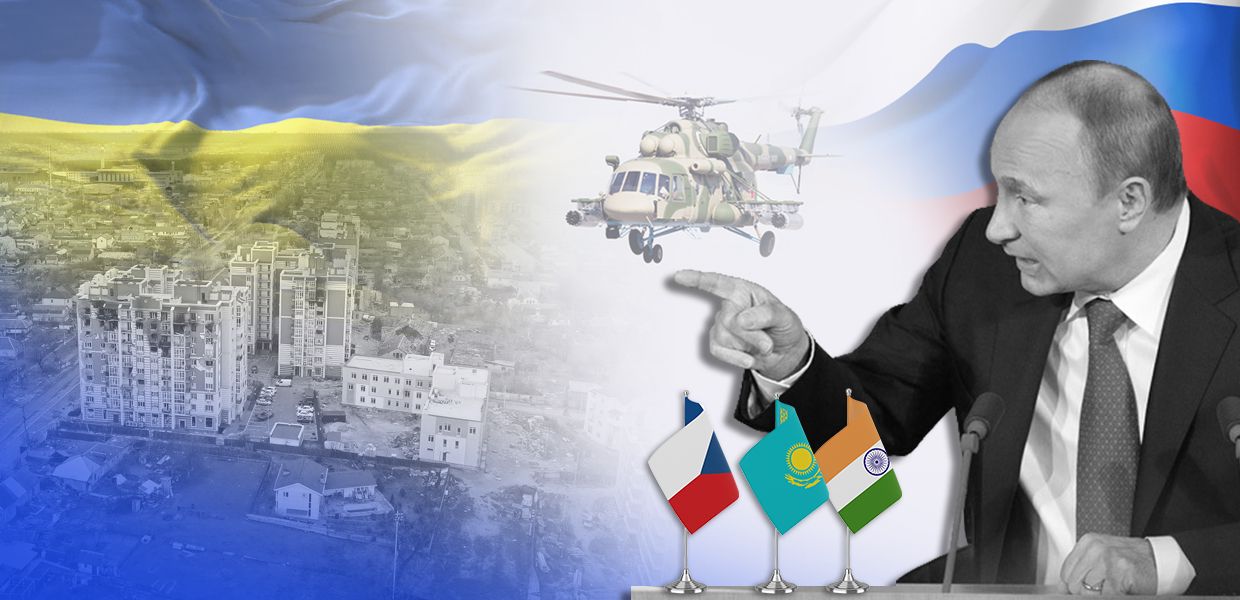Ukraine war latest: Austin visits Kyiv, US announces new $100 million military aid package

Key developments on Nov. 20:
- Ukraine retrieves 94 bodies of fallen soldiers
- US announces $100 million military aid package for Ukraine
- US Defense Secretary meets Zelensky in unannounced visit to Kyiv
- Japanese delegation pledges $175 million for reconstruction
U.S. President Joe Biden has approved a new military aid package for Ukraine worth up to $100 million, the Pentagon announced on Nov. 20.
The U.S. Department of Defense said the new package includes Stinger anti-aircraft missiles, a High Mobility Artillery Rocket System (HIMARS) and additional ammunition, 155-mm and 105-mm artillery shells, Javelin and AT-4 anti-tank systems, and over 3 million rounds of small arms ammunition.
The package also includes cold weather gear, spare parts, and demolition munitions for clearing obstacles.
This latest aid package utilizes assistance previously authorized for Ukraine under the Presidential Drawdown Authority that was left over from prior fiscal years, the Defense Department said.
Drawdowns entail the delivery of military equipment that was previously authorized and requires presidential authorization only, not a specific funding bill from the U.S. Congress.
The announcement came the same day as U.S. Defense Secretary Lloyd Austin made an unannounced visit to Kyiv, where he met with President Volodymyr Zelensky.
Austin met Zelensky "to reaffirm the United States' steadfast support for Ukraine," the Defense Secretary captioned the photo of their meeting.
Later this week, Austin will host a virtual meeting of the Ukraine Defense Contact Group, also known as the Ramstein summit, to coordinate further military aid to Ukraine.
The defense secretary's visit comes after months of infighting in the U.S. Congress over government spending, including military aid for Ukraine.
Republicans in the Senate threatened to block the aid in early November unless there were security resolutions on the southern border of the U.S., leading to a standoff with Democrats.
U.S. President Joe Biden signed a temporary spending bill into law on Nov. 16, averting the impending government shutdown but leaving the issue of continued aid for Ukraine unaddressed.
The bill, passed by bipartisan majorities in the House and Senate, will fund the government through the end of the year in two staggered segments until Feb. 2 at the latest.
It earmarks money for the highest priority government expenditures but does not include funding for Ukraine, Israel, humanitarian aid for Palestinians, or increased border security.
U.S. Senate Majority Leader Chuck Schumer, a Democrat, said at a press conference on Nov. 14 that Congress would reconvene after Thanksgiving on Nov. 23 to try and pass a joint funding bill that contains aid for all four issues.
Japanese delegation pledges $175 million for reconstruction
A delegation of Japanese officials and businessmen, including members of Keidanren —Japan's largest business lobby— arrived in Kyiv on Nov. 20 to meet with Ukrainian officials ahead of a reconstruction conference Japan will host in early next year.
Their visit aims "to directly hear the needs of the Ukrainian side, formulate concrete projects with the Ukrainian side, and to work together with the public and private sectors to provide assistance to Ukraine," according to the Japanese Industry Ministry.
Japan will host a conference promoting Ukraine's economic reconstruction on Feb. 19 next year, as agreed between President Volodymyr Zelensky and Japanese Prime Minister Fumio Kishida in May during a G7 summit.
Following a meeting with Prime Minister Denys Shmyhal, his office announced that Japan plans to allocate $175 million to finance Ukraine's economic recovery projects.
Shmyhal met with the delegation to discuss the priorities of Ukraine's reconstruction, including energy supply, housing, critical infrastructure, humanitarian demining, and business support, according to the prime minister.
"Ukraine is interested in creating joint ventures (with Japan), especially in the processing industry. Cooperation in the fields of agriculture, metalworking, mechanical engineering, critical raw materials, and IT is important for us," Shmyhal said at the meeting, as cited by the government's website.
"Japan's experience in post-war reconstruction could be useful for the economic recovery of Ukraine."
Ukraine retrieves 94 bodies of fallen soldiers
Ukraine retrieved the bodies of 94 fallen soldiers from Russian-occupied territories, the Coordination Headquarters for the Treatment of the Prisoners of War reported on Nov. 20.
Simultaneously, undisclosed numbers of remains of Russian troops killed in action in Ukraine are transferred to Russia, according to the report.
The bodies of Ukrainian soldiers will undergo forensic examination and identification. Afterward, bodies will be handed over to their relatives for the funeral.
The Geneva Conventions dictate that people who lost their lives during war are entitled to a dignified burial.
The bodies of around 2,000 soldiers have been repatriated to Ukraine in the last two years, according to the headquarters. In the previous transfer on Oct. 27, Ukraine managed to retrieve the bodies of 50 fallen soldiers.
Ukraine has not disclosed how many soldiers were killed in Russia's full-scale invasion. Former Deputy Defense Minister Hanna Maliar said in July last year that this information would remain secret until the end of martial law.
"This is information that the enemy should not know because military specialists can draw many conclusions from this data and use it for analysis and planning," Maliar said.













